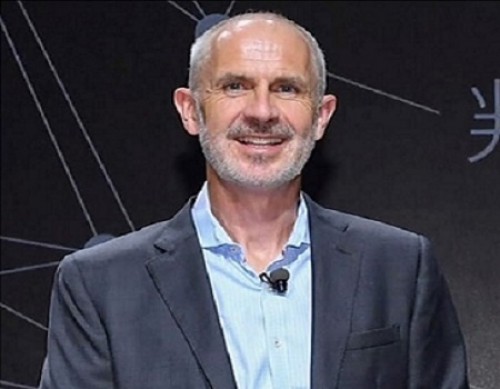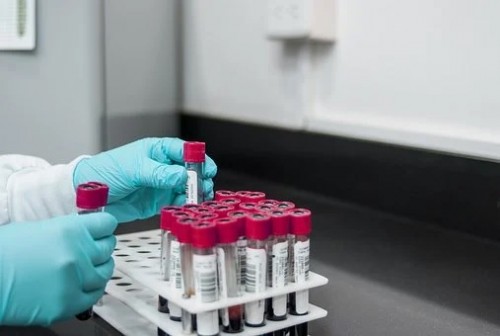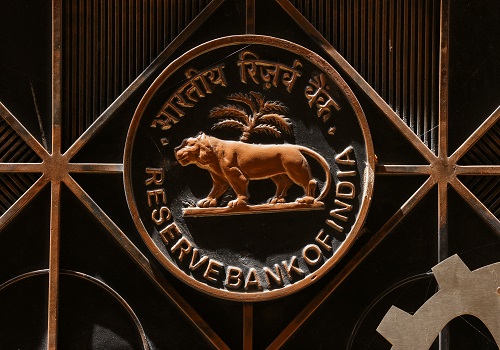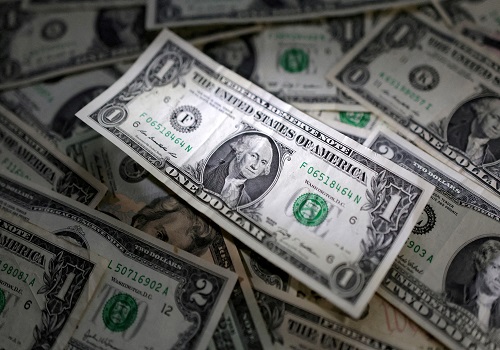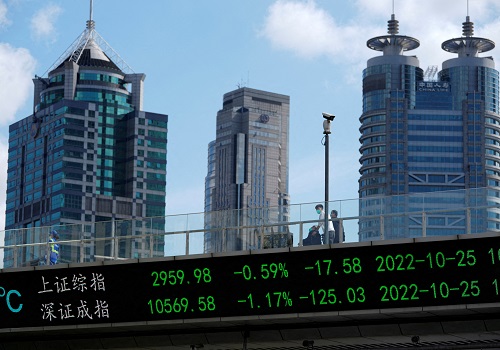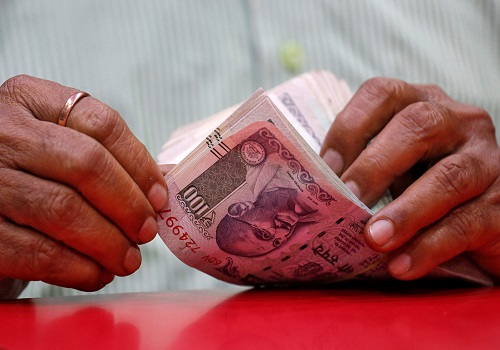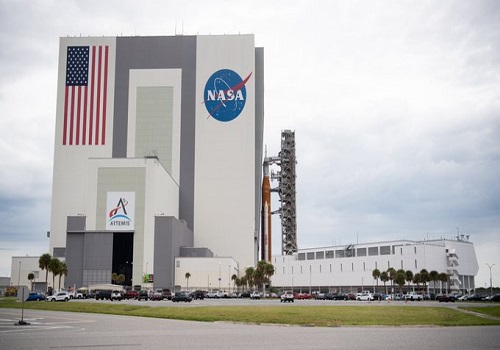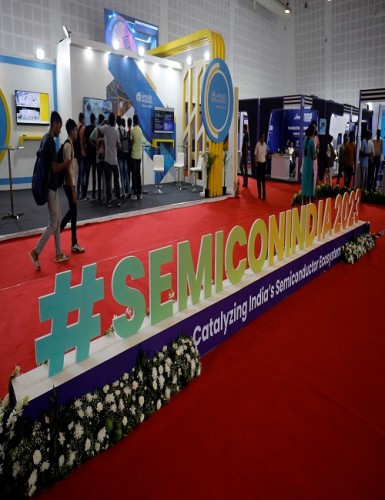Central banks in spotlight as US authorities focus on stability, First Republic

Follow us Now on Telegram ! Get daily 10 - 12 important updates on Business, Finance and Investment. Join our Telegram Channel
U.S. authorities are set to explore ways to bolster financial stability, along with steps to tackle the problems facing First Republic Bank, as central banks consider whether recent banking sector turmoil has reduced the need for interest rate rises.
With market volatility easing, Wednesday's Federal Reserve meeting is in focus, with traders split over whether the U.S. central bank will be forced to pause its hiking cycle.
The Fed, whose relentless rate hikes to rein in inflation are among factors blamed for the biggest meltdown in the banking sector since the 2008 financial crisis, is tipped to raise rates by 25 basis points, half the 50 bps move foreseen before the sector shake-up.
European Central Bank President Christine Lagarde said on Wednesday that the banking turmoil may strengthen transmission of the ECB's interest rate increases, which are just starting to take effect. She has previously said the market ructions may do some of the ECB's tightening for it, if the effects on credit dampens demand and inflation.
But an unexpected jump in UK inflation last month led investors to bet heavily that the Bank of England will raise interest rates by at least another 25 bps on Thursday.
And less than two weeks after Silicon Valley Bank (SVB) sank under the weight of bond-related losses due to surging interest rates, the CEO of hedge fund Man Group, Luke Ellis, said the turmoil was not over and predicted further bank failures.
SVB's collapse kicked off a tumultuous 10 days for banks which led to the 3 billion Swiss franc ($3.2 billion) Swiss regulator-engineered takeover of Credit Suisse by rival UBS.
While that deal brought some respite to battered banking stocks, U.S. lender First Republic remains firmly in the spotlight. It is looking at ways to shrink if it cannot raise new capital, three people familiar with the matter said.
First Republic shares fell 9% in extended trade on Tuesday, having surged as much as 60% at one stage.
Scenarios for the bank were being discussed as major bank CEOs gathered in Washington for a scheduled two-day meeting starting Tuesday, sources familiar with the matter said.
JPMorgan Chase has been helping the San Francisco-based bank seek new capital after a $30 billion injection of deposits from big banks failed to stem fears over its viability.
(Graphic: Traders bet on rate hike as fears of bank crisis ease Traders bet on rate hike as fears of bank crisis ease - https://www.reuters.com/graphics/USA-RATES/FEDWATCH/xmpjkbnxmvr/chart.png)
'HEAD IN SAND'
The wipeout of Credit Suisse's Additional Tier-1 (AT1) bondholders has sent shockwaves through bank debt markets, and some Asian lenders may find it difficult to replenish their capital by issuing such bonds, Citigroup said on Wednesday.
But one of the largest investors in the Credit Suisse bonds that were wiped out in the UBS takeover still believes in the value of the debt class and the "bail-in" system designed to save banks seen as too big to fail.
Spectrum Asset Management Inc said on Monday it had liquidated all its Credit Suisse positions in late trading on Saturday before the contingent convertible debt, called CoCos by traders, were written down to zero in the UBS deal.
"Anybody that bought CoCos who didn't think 'bailed-in' had their head in the sand. Nobody likes it when it happens, but that's the whole idea behind CoCos," Philip Jacoby, chief investment officer at Spectrum, told Reuters.
And UBS said on Wednesday it would buy back 2.75 billion euros ($2.96 billion) worth of debt it issued less than week ago, seeking to boost confidence among investors rattled by its $3 billion rescue of rival Credit Suisse at the weekend.
For now, the Swiss bank rescue appears to have assuaged the worst fears of systemic contagion, boosting shares of European banks and U.S. regional lenders.
The S&P 500 banks index rallied 3.6%, its largest one-day gain since November, on Tuesday and shares in European banks were largely flat on Wednesday.
Policymakers from Washington to Tokyo have stressed the turmoil is different from the crisis 15 years ago, saying banks are better capitalised and funds more easily available.
Nevertheless, Australia's prudential regulator has started asking the country's banks to declare their exposure to startups and crypto-focused ventures following the collapse of Silicon Valley Bank, according to the Australian Financial Review.
After Treasury Secretary Janet Yellen said on Tuesday that the U.S. banking system was sound despite recent pressure, Deputy Treasury Secretary Wally Adeyemo said a review of the failures of SVB and rival Signature Bank was in order.
(Graphic: Over $95 billion in market value wiped out in 2 weeks - https://www.reuters.com/graphics/GLOBAL-BANKS/USA/myvmobkeovr/graphic.jpg)
POST-MORTEM
"It's ... important that we review the failures of the two banks in question to ensure we have a set of rules and procedures for the banking system that continues to protect our economy and depositors across the country," Adeyemo said at an event hosted by the U.S. Hispanic Chamber of Commerce.
"We of course continue to monitor the current situation and consider what steps can be taken to further strengthen America's financial stability," he said, without elaborating.
Political pressure continued to grow in the United States to hold bank executives accountable. The Senate Banking Committee's chairman said the panel will hold the "first of several hearings" on the collapse of SVB and Signature Bank on March 28.
Although the Fed has said its review of SVB's supervision will be finished by May 1 and released to the public, the recent turbulence in financial markets and the banking system is likely to feature prominently in its chief Jerome Powell's post-meeting news conference on Wednesday.














